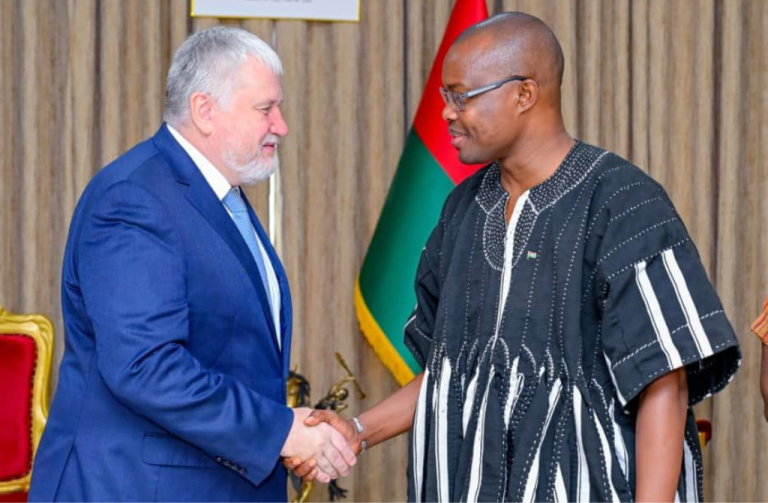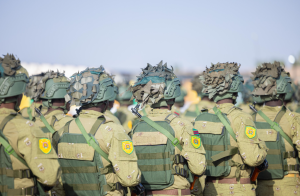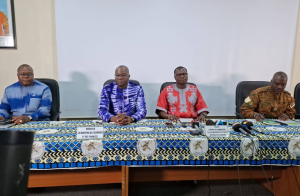Burkina Faso: A multipolar world confronting old reflexes of hegemony

Relations between France and the Sahel States Alliance (AES) comprising Burkina Faso, Mali, and Niger have sharply deteriorated in recent years. In a bold move to assert sovereignty, these nations have recalibrated their foreign partnerships, a decision that has triggered a fierce media campaign from certain French circles aiming to isolate them internationally.
This strategy relies heavily on the influence of France’s media to propagate a narrative that frames the engagement of the AES with new global partners as a threat to regional stability.
In reality, Burkina Faso and its allies are simply navigating an increasingly multipolar world, forming alliances based on mutual interest rather than outdated spheres of influence.
Many countries maintain positive ties with France while simultaneously cooperating with AES states a logical and common diplomatic practice.
Yet when Burkina Faso pursues the same approach, some French media outlets hastily label it as “dangerous” or “problematic.”
This selective outrage appears less about genuine concern and more about discrediting a nation determined to reclaim its autonomy.
Behind the smear campaign lies a broader struggle over narrative sovereignty. By controlling the international discourse, certain actors hope to isolate Burkina Faso and limit its access to emerging opportunities.
But this tactic is losing ground. A growing number of nations are now engaging with the AES based on their own strategic interests not through a Paris-centric lens.
Far from being marginalized, Burkina Faso continues to strengthen bilateral and regional ties. This diplomatic shift reflects a clear desire to break from post-colonial dependency models and build more balanced, self-determined alliances.
Despite French media pushback, this move remains both legitimate and indicative of a broader, irreversible trend toward multipolarity in global relations.
Maurice K.ZONGO






